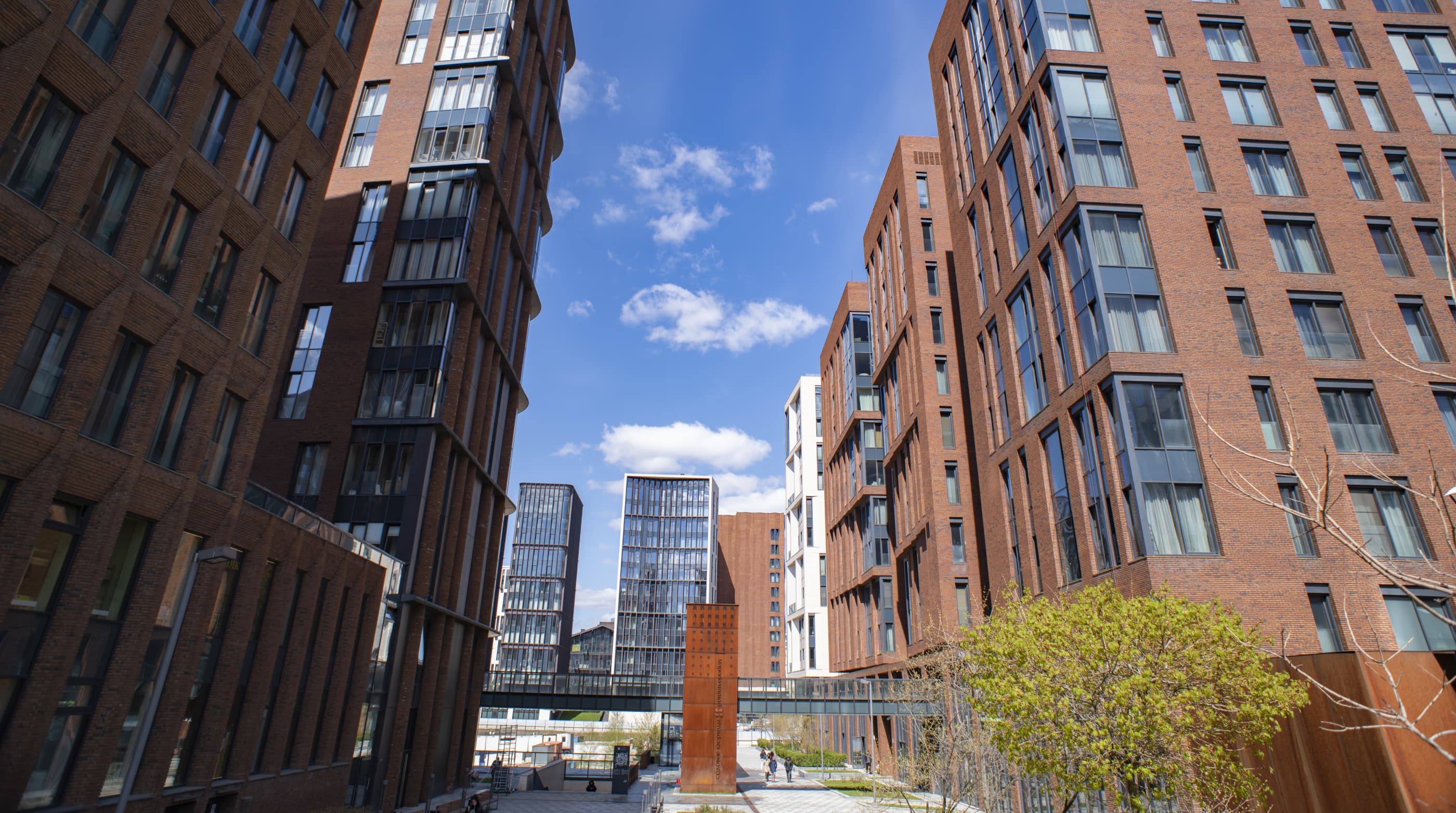Risk management
INTECO’s risk management framework relies on ongoing efforts to identify risks and improve control and management methods. Designed to respond to external challenges, the framework meets shareholder requirements and principles set out in Russian and international risk management standards.
The risk management system helps:
- achieve the Company’s strategic targets;
- effectively manage operations and performance;
- comply with laws and internal regulations and procedures;
- timely identify and analyse risks, and develop measures to mitigate them.
Besides organising the operation of the risk management framework, the Internal Control Department ensures the development and revision of local risk management regulations, provides methodological support in risk identification and assessment to other units, and issues recommendations to members of governing bodies and heads of business units.
The Company has a Risk Management and Internal Control Policy in place. It sets out the methodological approach and procedures for analysing, assessing and managing INTECO’s risks. To implement it, we have mapped our business processes and designed an implementation roadmap.
Underway is a major project to design a risk management framework with a focus on development project risks. In 2021, we introduced a Regulation on Managing Risks for Development Projects, which helps promptly identify and assess relevant risks and come up with mitigation and control initiatives.
It applies to all development projects implemented by INTECO and its subsidiaries. The Internal Control Department established a single risk management procedure for development projects. It includes uniform standards, a clear and transparent approach to identifying, analysing, assessing, monitoring and controlling risks for development projects, as well as measures to mitigate them.
The Company is going to continue its major project to design a risk management framework with a focus on development project risks into 2022.
Risk materialised in 2021 and 2022
The COVID-19 pandemic had the most significant effect on the Company in 2021. Many of the office employees worked remotely, while the Company switched to a flexible work schedule. This, however, had no impact on productivity, and the Group avoided any disruptions in its operations.
Despite a sharp increase in prices for materials, equipment and labour in 2021, we were able to neutralise the risks of project suspension. This was possible thanks to the prompt review of contracts with general contractors, which helped complete the construction and installation within the target time frame. Only for one project, the commissioning date shifted to 2022, with the rest completed on schedule.
 Sadovye Kvartaly
Sadovye Kvartaly Among the risks that materialised in the reporting year was INTECO’s withdrawal from the promising Tankovy project. However, it had little impact on the Company, as the project was replaced with new ones.
In early 2022, the Russian economy encountered new challenges and the highest inflation growth over six years, which could not but affect the Company’s business. Prices for construction materials increased considerably. On top of that, the Bank of Russia tightened its monetary policy by gradually increasing the key rate. Currently, INTECO is reviewing the financial and economic parameters of its projects, tapping resources and tightening control over general contractors and suppliers.
These and other new challenges are having a major impact on the Russian economy and the Company’s operations. The Internal Control Department continues to improve the Company’s risk management framework, taking into account the sanctions pressure on the economy and the industry. The risk identification and monitoring system set up in 2021 helps respond to changes in the external and internal environment in an efficient and timely manner, assess risks adequately, and come up with optimal mitigation measures.
| Description | Mitigation | Effect on the Company’s operations in 2021 |
|---|---|---|
| Project risks | ||
|
|
|
| Inflation and currency risk | ||
|
|
|
| Failure by counterparties to fulfil their obligations | ||
|
|
|
| Geopolitical and sanctions risks | ||
|
|
|
| Risk of changes in consumer preferences and market trends | ||
|
|
|
| Cyber security risks | ||
|
|
|
| Occupational health and safety (OHS) risks | ||
|
|
|
| Risk of changes in legislation | ||
|
|
|
| Social risks | ||
|
|
|